THINK GLOBALLY, ACT LOCALLY
Hello people of Slovenia. You are listening to the first show of season two of Erasmus on Air. This year there is a new group which is participating at International Gathering Ljubljana every Friday at Živko Skvotec. So we also decided to do the show on Radio Študent, and here we are, today for you: I am Catarina from Portugal, here is Denica from Bulgaria and Claudia from Spain. So couple of weeks ago we had a gathering where we talk about self sustainability and adaptibility in Ljubljana and we also wanted to use some points we were discussing for this show. Thats why we will cover the sustainability topic, showing the alternative to nowadays consumption oriented society regarding the enviromental and social aspect.
We know we are dealing with a massive issue of climate changes and consequent destruction of our planet, our only home. This over production society obsessed with economical profit is one hand affecting societal issues such as: industry, urbanization, military conflicts, transportation, food ... and on the other hand limitating our access to the planets resources and to our individual sustainbility. In fact, it concerns the foundations of our economy and our lives.
So, to talk about this we prepared some interviews with people who are active in the area of sustainability. Claudia will present a critical view about the actual model of food consumption and how can we make the diference by chosing the organic farming and food alternative. She talked with Pablo Saralegui, a Spanish ecologist and Phd student of Food sovereignty. Later on Deni is going to give a more social perspective. She also made an interview about social enterprise with the director of Slovenian Association for Mental Health or ŠENT Nace Kovač. We will finish with practical exsamples we noticed in Ljubljana. On the gathering we mentioned a lot of places where you can get food, clothes, furniture et cetera and with that also help enviroment, socialy excluded gropus and so on.
Hi! So, we managed to talk with Pablo from Madrid, who is studying and working on the concept of Food sovereignty and ecological or organic agriculture. But you may think, what is that? Food sovereignty is the right of peoples to healthy and culturally appropriate food produced through ecologically and sustainable methods, and their right to define their own food and agriculture systems. I asked him about the actual model of food consumption and what are the reasons to believe that is no longer sustainable, and these are his words.
The statement is available on click
Later on, we were wondering about the concept of organic food, what it implies and what are the benefits that we as consumers can achieve. He explained to us that there are two points of view regarding this concept. One comes from the EU comission, which has created the Organic certification. This implies the substitution of chemicals and fertilizers by biological inputs. However, this certification has become an elitist quality marquet quote, since it isn't afordable for everyone and doesn't take into account social aspects as labour conditions, sustainability of transportation or nutrients cycles.
The other point of view involved food produced and sold locally but without certification and taking into consideration ethical principles that the EU comission doesn't include. The ambientalist movements defend this conceptualization because it supports endogenous developtment. How? Trhough the empowerment of local and sustainable production that carries health for the ecosystems, dignity for producers, afordability for consumers and sustainability for our society. Also, we wanted to actually know which repercussions it may have in the environment, because every action counts!
The statement is available on click
So, I hope you have found interesting this little talk. Now we are going to listen a song from Bebe, a Spanish singer that talks to us about our lovely planet Earth, and how it is suffering and needs our affection. Enjoy!
Hello, you are still listening to Erasmus on Air and now it is my turn to explain why the social perspective of the sustainability process is first a part from it, and second why it is important to be involved in. Coming from the very definition of sustainability meaning that part of our everyday life's activities are made in the name of the future of our society, I dare to say that we have to take care not only about the environment, which is essential of course, but also to ensure that our life-style doesn't harm other people.
Further, living sustainability comes to the thinking where your food, clothes, energy and other products come from, or put it differently being conscious and cautions within a certain state economy sector. Happily, nowadays there is an alternative way of making business that is generally called social enterprise field, and has quite different mission than profit and consumption. Only in few seconds you will listen to the manager of ŠENT Mr. Kovač who has explained what this social business is.
The statement is available on click
To sum up very briefly - reaching the social inclusion for people with different problems starting from poverty and ending with physical or psychological disorders, inevitably leads to various weaknesses. Since the state is also responsible, the current government should provide supported environment such as tax-free exceptions or another financial support for education or trainings. You might say why, so far I didn't hear nothing totally different from the ordinary business except the employees. Didn't we miss something?
The statement is available on click
Hi, we are back, you are listening to Erasmus on Air. Todays topic is sustainability. We have just listen to one dark, downbeat song from two Greek artists, named The Captain, which lyrics comes to the society unawareness and how (I'm quoting) The Captain dictate our dreams and take care of our life instead of we.
To go back to the topic, I would like to give some practical examples of social business places in Slovenia. First, thanks to the conversation I had with Andreja Štepec, the Users Council President of ŠENT, I listed few social enterprises like: Tourist agency PREMIKI located in Maribor planning trips all around the world; the first company which offered work for people with disabilities in Slovenia 20 years ago, indeed Dobrovita, taking care for green areas and offering cleaning services in Ljubljana; Zavod Lan for renovating books; social market Sotra in Maribor which work in cooperation with Mercator and Droga; Zavod Šentplavž that produce materials from clay et cetera. One curious project is coming soon, it is about Internet buying stuff including jewelry and other handmade trinkets.
Another good example of sustainable practice is the store Stara roba nova raba in Ljubljana, lead by the organization Kralji ulice or Kings of the street where we can find so many things such as cups, glasses, handmade postcards, clothes, shoes, even furniture or old-school radios.
Have in mind that all people who work in those social enterprises are paid from what they sell. So, by using their services, or buying their products, we are fighting to reduce poverty and help to those vulnerable people to be no longer passive figures in terms of how we perceive the activeness today.
So there are ways to change the paradigm of overconsumption and possitivetly have an impact on our society doing small changes on our lifestyle. Deni already mentioned some examples of socials firms and I will now enounce some other alternatives in Ljubljana: For second hand stuff you have Gvant at BTC; Textile House, right next to the Dragon Bridge; a reuse and collection center at Povšetova ulica, here you can find not just clothing, but also a lot of furniture and other goods. There is also a Flea Market (less popular and with cheaper stuff then the one in the center), it goes on sundays morning at Vič. To get there you should take a bus no. 1 in the direction Nedeljski sejem (Sunday market). For clothes sharing, or better said, for „Bartering“, you have it in Tabor every now and then.
And last but not least, to find organic food on affordable prices you have an Alternative market (alternativna tržnica) every first Tuesday of the month, at Metelkova, more specificly in front of Infoshop, from 6 to 8 in the evening. You can also buy organic veggies in Savlje from the local farmers, you just need to lock on their door.
To sum up this broad topic and as a last message, we have to keep in mind that our production and consumption oriented society cannot be sustain by the planet. We need a society that focuses on recovering an equilibrium with the biosphere by using research, technology, culture, economy, and politics to advance towards this end. However, to do this we will need all the political imagination, moral generosity, and technical creativity that we are able to deploy.
Thank you for listening to us. Again, we are part of the International Gatherings. Feel free to join us if you feel like having a nice open discussion on whatever will be the weekly topic. The gatherings take place at Živko Squatec, every Friday from 7 pm till whenever. If you need more information or have problems on finding us, you can check our facebook page and follow our events. We hope you liked it, this will continue every second monday, it was just the beggining ... Stay tuned. Ajde čao.
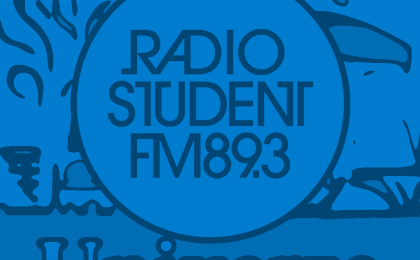
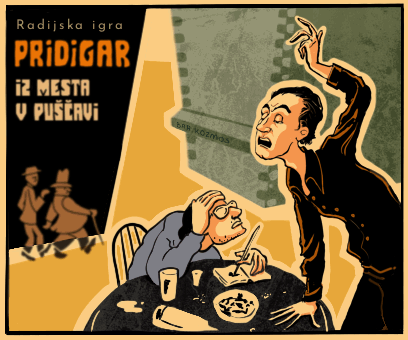
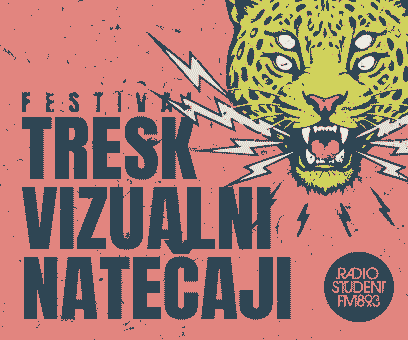
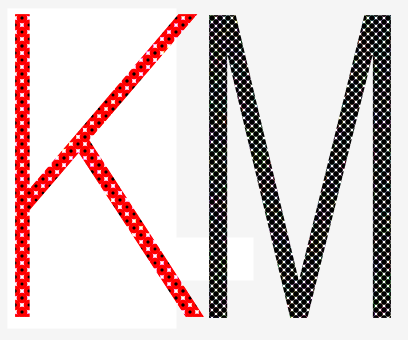
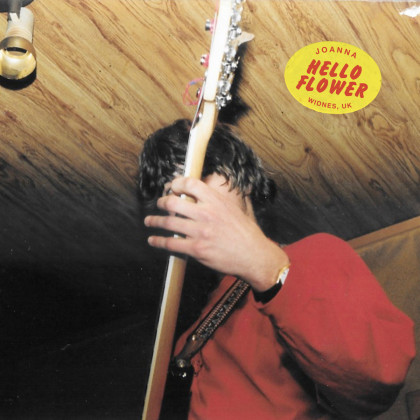
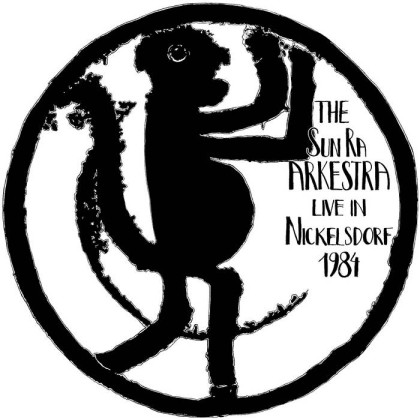
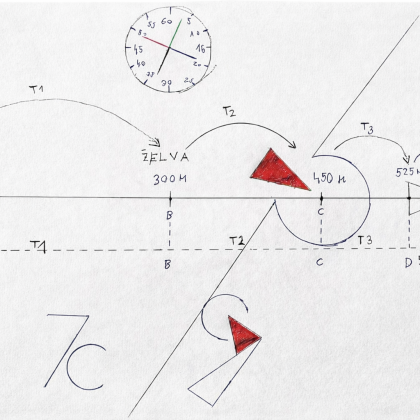
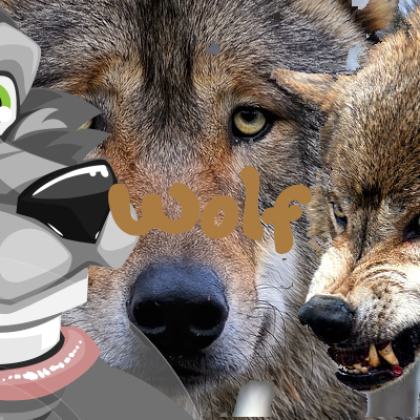
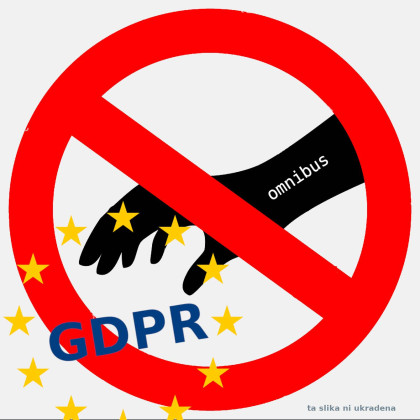
Dodaj komentar
Komentiraj